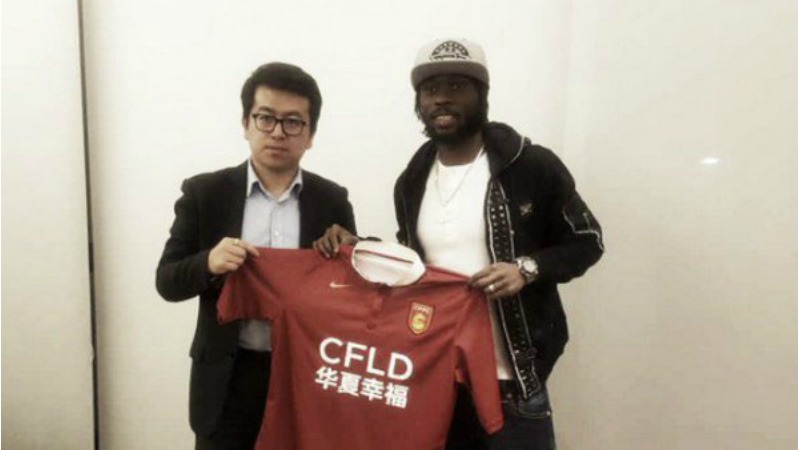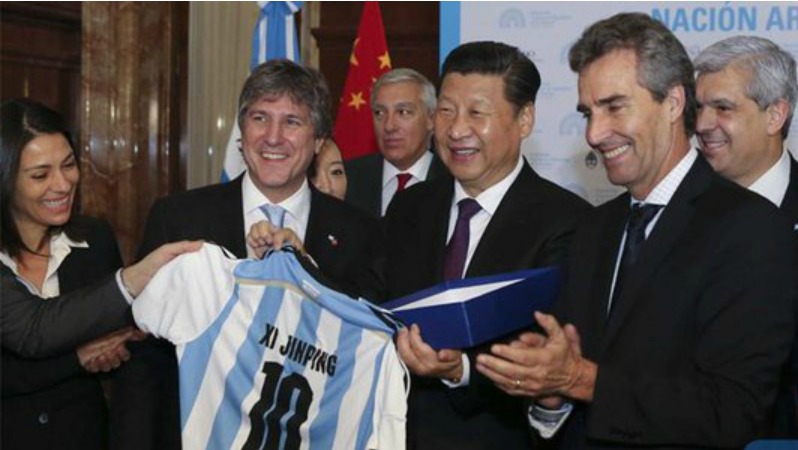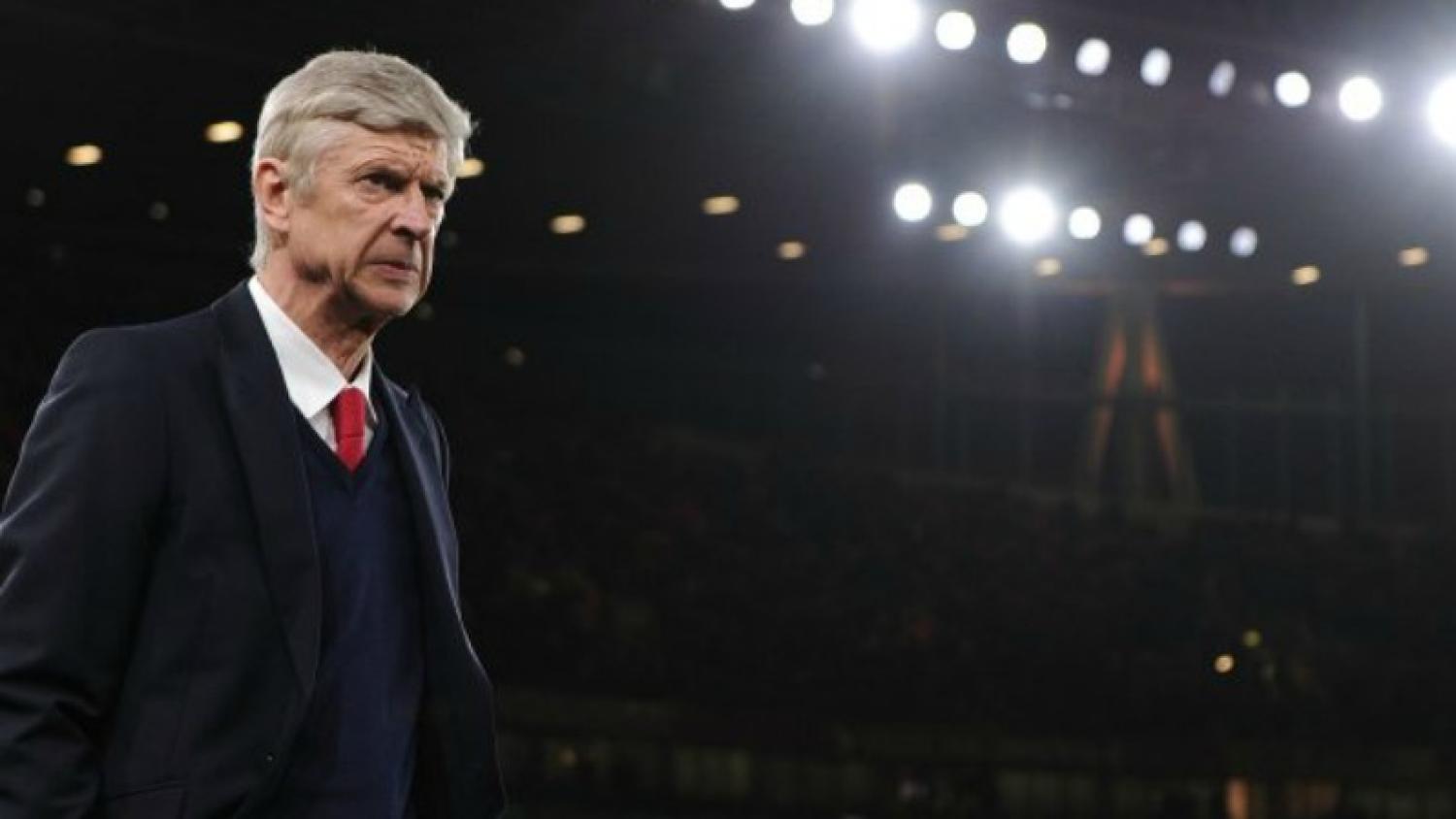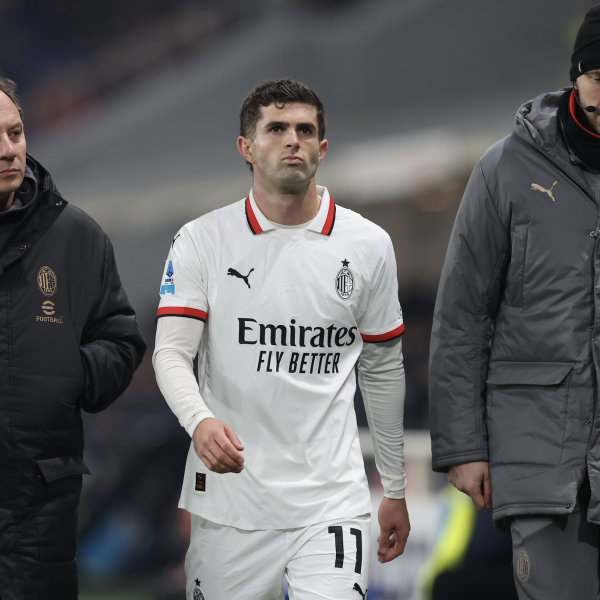Arsenal manager Arsene Wenger has said the Premier League should be worried about the increased spending of China in the transfer market. In this last January window, Chinese clubs were responsible for three of the top four biggest deals.
Ramires of Chelsea and Alex Teixeira of Shakhtar Donetsk both moved to Jiangsu Suning for £63 million, followed closely by Atletico Madrid reject Jackson Martinez, who made the move to Guangzhou Evergrande for £31 million. Fredy Guarin of Inter and Roma striker Gervinho also made the choice to join Chinese clubs.

Photo: @alnahdi14 | Twitter
Chinese clubs have certainly increased their ambition in securing world-class players, but is Wenger right in saying that the Premier League should be worried? That's a tough question to answer, but Wenger touched on one very important point when he spoke about the issue.
"Yes, of course, the Premier League should be worried,” said Wenger. “Because China looks to have the financial power to move a whole league of Europe to China.
“We are long enough in this job to know that it’s just a consequence of economic power and they have that. Will they sustain their desire to do it? Let’s remember, a few years ago, Japan started to do it and slowed down after. I don’t know how deep the desire in China is, but if there’s a very strong political desire, we should worry.”
Wenger is referring to the Japanese buyouts of the 1980's and 1990's, in which Japanese companies sought to invest and buy heavily in the United States and elsewhere in other developed countries. But that fell apart when the Japanese economy downturned, and many companies were forced to backpedal out of their investments, many of which were unsound (such as Mitsubishi's stake in the Rockefeller Center). China's interest may be less fleeting than Japan's.
For one, China president Xi Jinping is a soccer fan who hopes that Chinese clubs can compete with the best in the world, per Business Insider, and Chinese Super League attendance numbers are fast approaching those for leagues in France and Italy. The interest for soccer is there, as proven by the increased attention given to the Asian market by top teams, and the political desire that Wenger speaks of also appears to be present, for reasons both economic and nationalist.

As a football fan, President Xi Jinping wants Chinese clubs to be competitive. Photo: @XHNews | Twitter
In a column for Reuters, Shihoko Goto points out that Chinese acquisitions in the global market are state-owned, and thus they are driven by both national and economic interests. Companies are more likely to think about the bigger picture back home rather than just their bottom line.
Simply put, their buying strategy is less of a flash-in-the-pan than the Japanese buying spree, and more well thought out. This strategic business culture likely means that Chinese clubs are less likely to splurge on players without a solid plan.
Despite the relative slowdown of the Chinese economy that has dominated the headlines, analysts now believe that the Chinese economy may actually be in better shape than was previously thought, per the Guardian. The World Bank stated in their 2015 report that China is being forced to grow more slowly because of a need to emphasize an even distribution of regional growth, sustainable practices and a decrease of social imbalances.
So, if the Chinese actually follow through on their policies, than in theory the country could be economically strong for a long time. By extension, that means that their soccer teams would likely follow suit.
For now, the economic downturn doesn't seem to have affected the Chinese teams in the transfer market. Given the trends, it would not be a surprise at all to see Chinese soccer expand significantly within the next ten years; maybe not quite to the point where they can rival the Premier League, but certainly at an equivalent level of those in France and Italy, and possibly even Germany and Spain.
Should the Premier League worry though? Not really. While this is a trend that could and probably will continue, the clubs in Europe have history and prestige that Chinese clubs just simply won't match (not in the near future anyway). And they certainly won't come close without a T.V. deal as lucrative. This is a long-term process that relies on issues much larger than soccer itself, and the Chinese are still quite a way off from matching the soccer superpowers of Europe. Rest easy, Arsene. Guangzhou Evergrande aren't coming for Mesut Ozil...yet.







